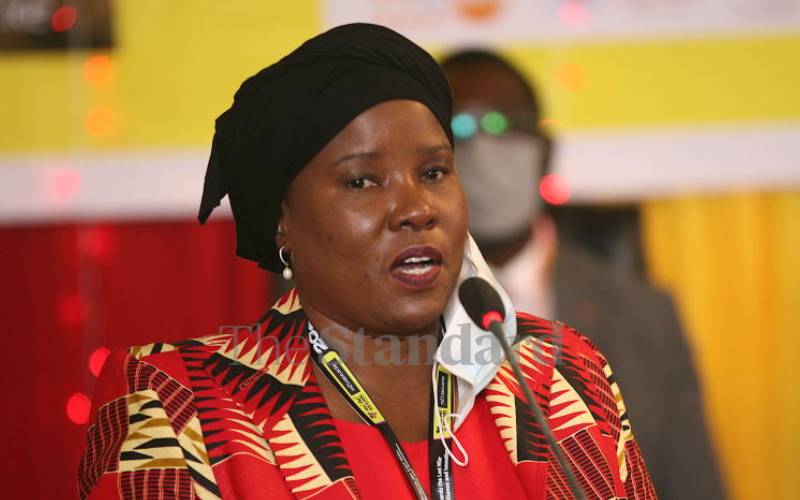×
The Standard e-Paper
Kenya’s Boldest Voice

More Kenyan women tested for HIV than their male counterparts, a new report reveals.
A meeting dubbed the sixth Maisha HIV & Aids conference that kicked off on Monday in Nairobi was also told that the coronavirus pandemic risked curtailing the successes made in combating the disease.